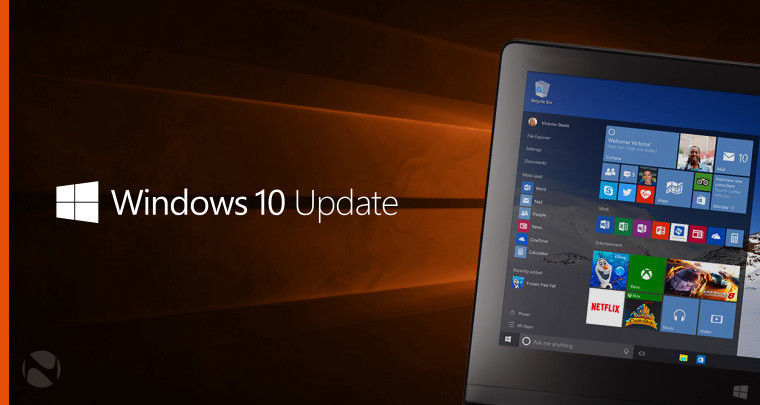
It's rare that the original version of Windows 10 gets more than one cumulative update in a month, but that's exactly what's happening. After versions 1703, 1709, and 1803 all got patches two days ago, version 1507 is getting a patch today.
Interestingly, it doesn't contains the same fixes as the other ones did. While three known issues were discovered for all versions of Windows this week, this update only fixes one of them, the one where images weren't displaying properly in Internet Explorer.
Windows 10 version 1507 is not supported if you're a consumer that has somehow managed to dodge feature updates for the last three years. This is for businesses on the Long-Term Servicing Channel.
Here's the short list of fixes:
Addresses an issue that may prevent Internet Explorer from loading images that have a backslash (\) in their relative source path.
Addresses a reliability issue with win32kfull.sys introduced in KB4487026.
The known issues that still exist are the following:
| Symptom |
Workaround |
|---|---|
| After installing this update, the first character of the Japanese Era name is not recognized as an abbreviation and may cause date parsing issues. |
Modify the registry with the two- character abbreviation for Japanese Eras as follows: [HKEY_LOCAL_MACHINE\SYSTEM\CurrentControlSet\Control\Nls\Calendars\Japanese\Eras] "1868 01 01"="明治_明_Meiji_M" "1912 07 30"="大正_大_Taisho_T" "1926 12 25"="昭和_昭_Showa_S" "1989 01 08"="平成_平_Heisei_H" Microsoft is working on a resolution and will provide an update in an upcoming release. |
| Applications that use a Microsoft Jet database with the Microsoft Access 95 file format may randomly stop working. |
For these workarounds, you must install Microsoft Access 2007 or the Microsoft Access 2007 runtime. Option 1: Convert the database to a newer .mdb file format. This doesn’t require a change to the Connection string.
Option 2: Convert the database to a newer .mdb file format using VBscript. This doesn’t require a change to the Connection string.
Option 3: Convert the database to the .accdb file format using VBscript. To use the .accdb file format, you must change the Connection string after conversion.
Microsoft is working on a resolution and estimates a solution will be available in March 2019. |
The update is KB4491101, and it brings the build number to 10240.18135. You can manually download it here.
















